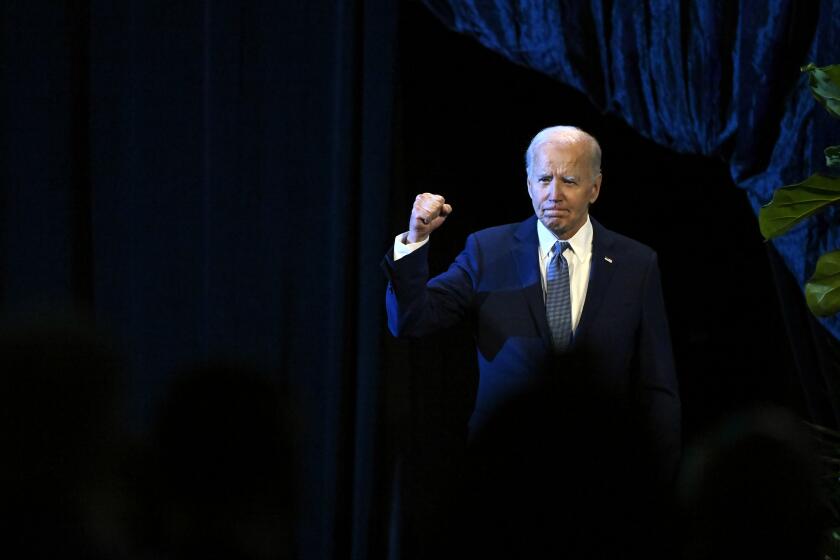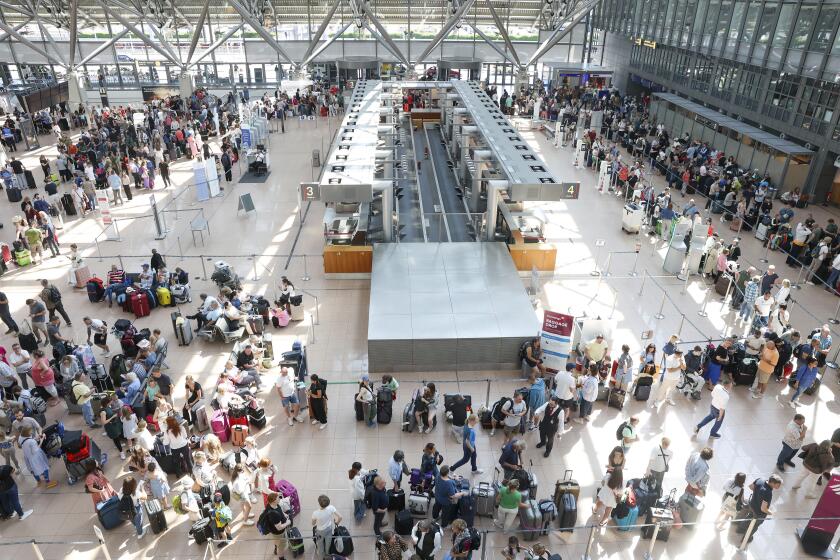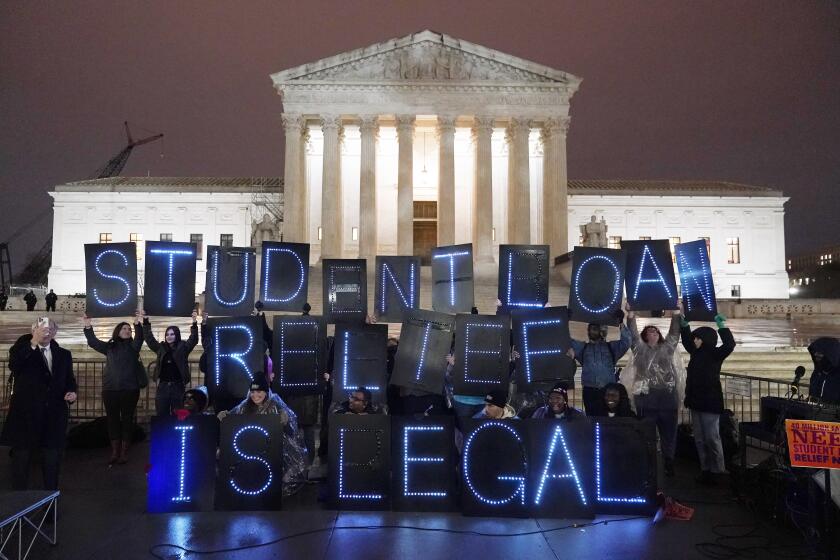Japan apologizes to South Korea for decades of colonial rule
On the 100th anniversary this month of Japan’s annexation of the Korean peninsula, office worker Hwang Jung-won listened Tuesday as the Japanese prime minister apologized for his nation’s role in decades of harsh colonial rule. But like many others here, she wasn’t convinced of the sincerity of this latest mea culpa.
“An apology is better than nothing. But if they are truly sorry, they should make compensations for all the victims during the colonization, including comfort women,” the 33-year-old said.
More than 60 years after Japan ended its 35-year occupation of the peninsula at the close of World War II, many wounds remain unhealed. Many older South Koreans remember such indignities as being forced to adopt Japanese surnames, fight as soldiers and even work as prostitutes for the military — the so-called comfort women.
Prime Minister Naoto Kan apologized to South Koreans for Japan’s transgressions all those years ago. “For the enormous damage and suffering caused by this colonization, I would like to express once again our deep regret and sincere apology,” he said in a statement endorsed by his Cabinet.
Still, South Koreans like Kim Hyung-il wanted gestures over mere words. Kan’s statement, many noted, did not mention those forced into manual labor and sexual slavery.
“The Japanese government needs to show action, not just some words on a piece of paper,” said Kim, a 73-year-old retiree who was a young boy during the occupation.
On Tuesday, in a brief telephone conversation with Kan, South Korean President Lee Myung-bak noted the gesture but called on Japan to put the statement into action.
Presidential spokeswoman Kim Hee-jung said that Lee asked Kan to cooperate on pending issues in a “wise and sincere manner.”
The occupation came to a close in 1945 with Japan’s surrender at the end of World War II. Though Tokyo has previously apologized for its aggression against its Asian neighbors, Kan’s statement Tuesday specified South Korea. No mention was made of North Korea, with which Tokyo has clashed over allegations that the communist regime there kidnapped Japanese citizens.
Kan also said Japan would return Korean cultural artifacts, including historical documents, it acquired during its rule.
But an editorial in the Korean-language Munhwa Ilbo newspaper called for Japan to do more.
“The statement is only half complete as it apologizes for the annexation against the will of the Korean people,” the newspaper said, “but fails to mention the illegality of the action.”
Kim is a researcher in The Times’ Seoul Bureau.
Start your day right
Sign up for Essential California for news, features and recommendations from the L.A. Times and beyond in your inbox six days a week.
You may occasionally receive promotional content from the Los Angeles Times.



